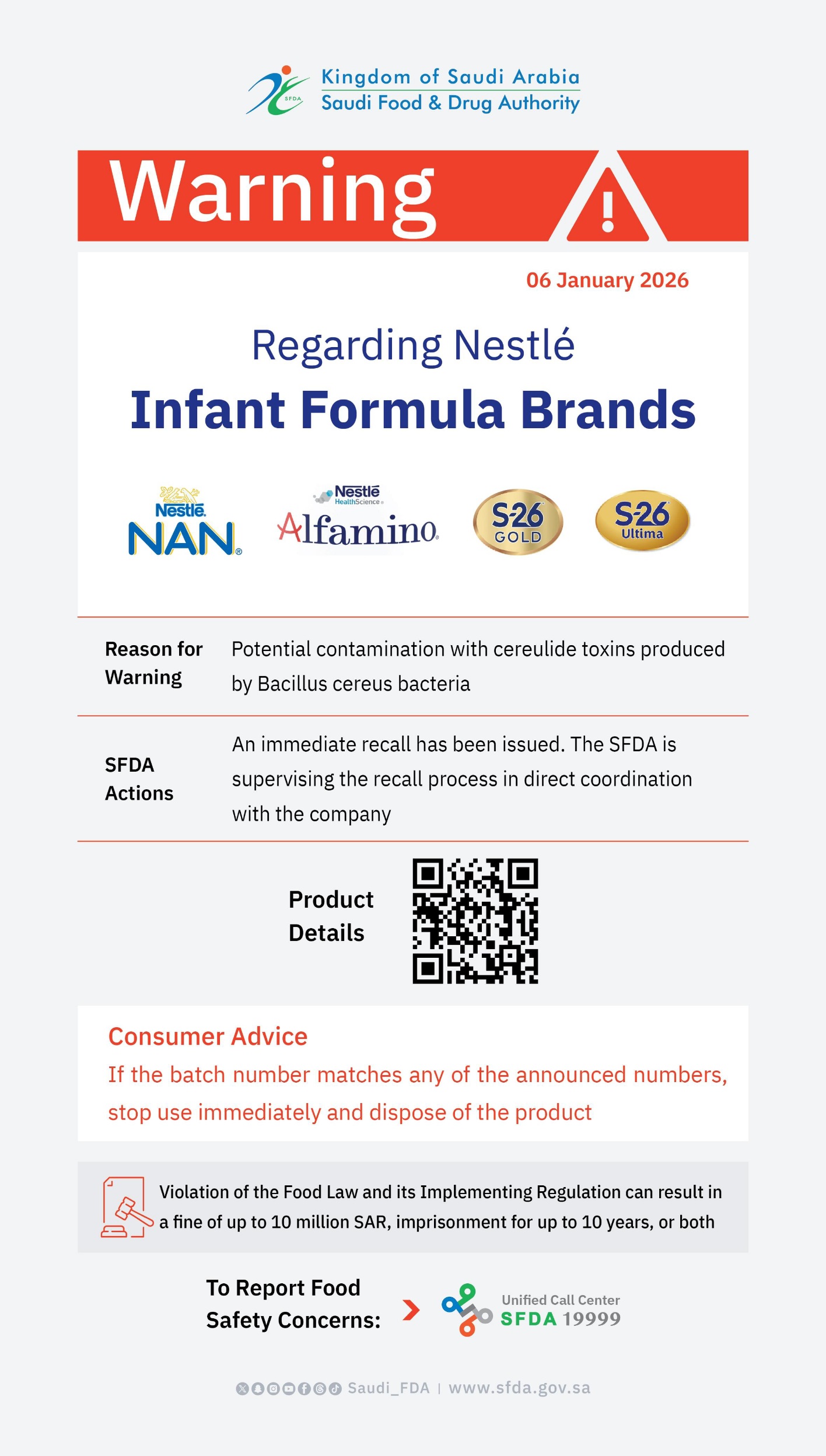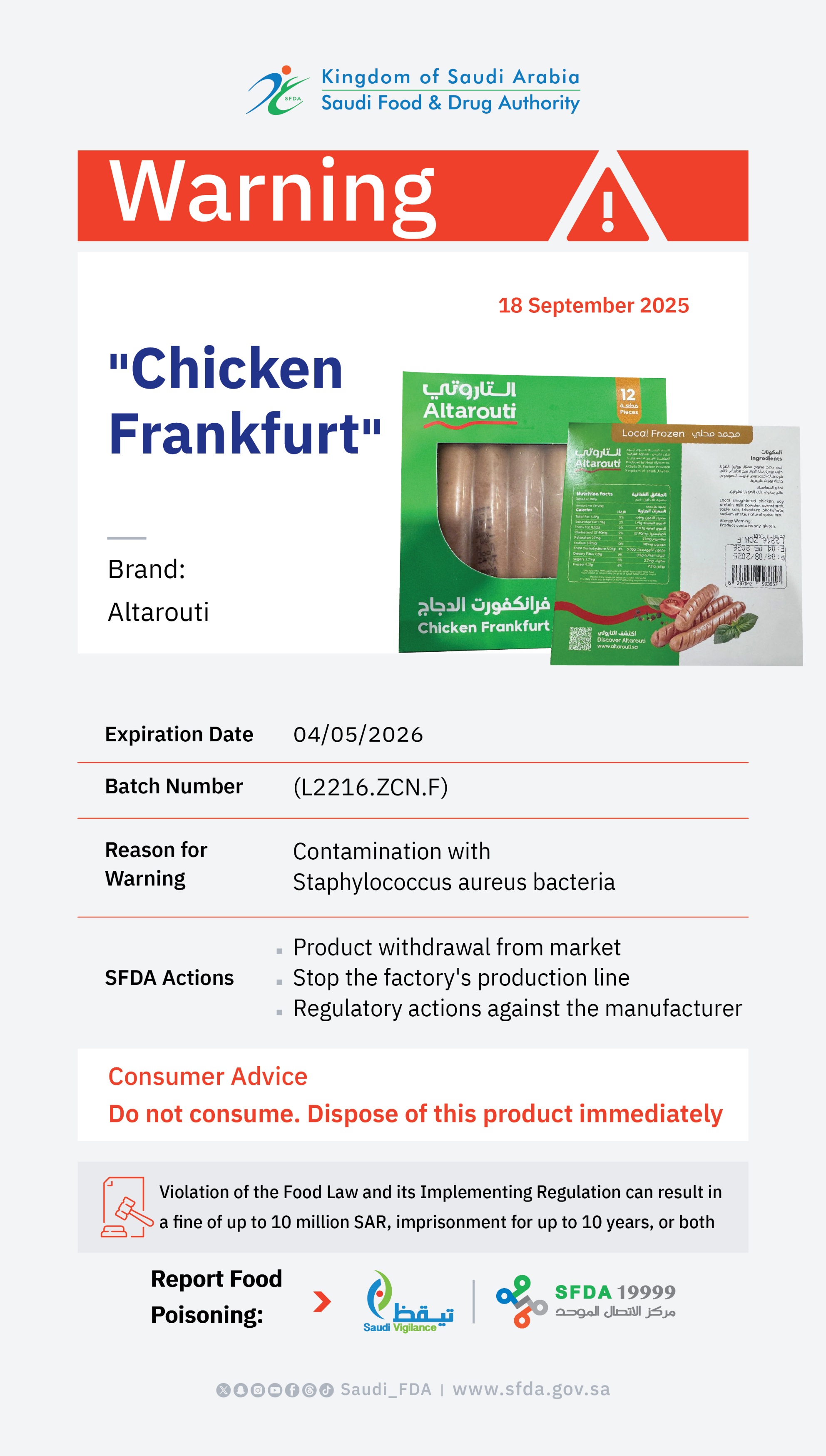
FDA Requires Warnings About Suicidality Risk With Antiepileptic Drugs
2008-12-24
The US Food and Drug Administration (FDA) will require the manufacturers of antiepileptic drugs to add a warning to their labeling indicating that use of the drugs increases risk for suicidal thoughts and behaviors, according to an FDA Alert issued December 16. A risk evaluation and mitigation strategy, including a medication guide for patients, is also required for each of these drugs.
"Patients being treated with antiepileptic drugs for any indication should be monitored for the emergence or worsening of depression, suicidal thoughts or behavior, or any unusual changes in mood or behavior," Russell Katz, MD, director of the Division of Neurology Products in the FDA's Center for Drug Evaluation and Research, said in a news release. "Patients who are currently taking an antiepileptic medicine should not make any treatment changes without talking to their health care professional."
In addition to treating seizures, antiepileptic drugs are often used for treatment of other conditions, such as psychiatric disorders, migraine headaches, and neuropathic pain. The FDA also issued a public health advisory and an information alert to clinicians about the risks associated with antiepileptic drugs and recommended that healthcare professionals notify patients and their families about the potential for increased suicidality and need for monitoring.
In an FDA review of 199 clinical trials of 11 antiepileptic drugs, risk for suicidal behavior or thoughts was nearly doubled for patients receiving antiepileptic drugs vs placebo (0.43% vs 0.24%), leading to about 1 additional case of suicidality for every 500 patients treated with antiepileptic drugs instead of placebo.
Although 4 patients randomly assigned to receive an antiepileptic drug committed suicide, compared with none of the patients receiving placebo, results were inconclusive regarding risk for completed suicide.
Compared with trials for psychiatric or other conditions, the relative risk for suicidal thoughts or behavior was higher in the clinical trials for epilepsy, but the absolute risk differences were similar. Increased risk was noted as early as 1 week after starting the medication and continued throughout treatment. Increased risk for suicidality was similar for all 11 drugs included in the trials despite varying mechanisms of action, suggesting that the risk applies to all antiepileptic drugs used for any indication.
According to the 2007 Food and Drug Administration Amendments Act, manufacturers of antiepileptic drugs must submit new labeling to the FDA within 30 days or provide an explanation of their belief that labeling changes are unwarranted.
Manufacturers are required to add warnings about suicidality risk to labeling for the following antiepileptic drugs:
- carbamazepine (Carbatrol, Shire US, Inc; Equetro, Validus; Tegretol, Tegretol XR, Novartis)
- clonazepam (Klonopin, Roche)
- clorazepate (Tranxene, Ovation Pharmaceuticals, Inc)
- divalproex sodium (Depakote, Depakote ER, Depakene, Abbott)
- ethosuximide (Zarontin, Pfizer)
- ethotoin (Peganone, Ovation Pharmaceuticals)
- felbamate (Felbatol, Meda Pharmaceuticals)
- gabapentin (Neurontin, Pfizer)
- lamotrigine (Lamictal, GlaxoSmithKline)
- lacosamide (Vimpat, UCB)
- levetiracetam (Keppra, UCB)
- mephenytoin (Mesantoin, Novartis)
- methosuximide (Celontin, Pfizer)
- oxcarbazepine (Trileptal, Novartis)
- phenytoin (Dilantin Suspension, Pfizer)
- pregabalin (Lyrica, Pfizer)
- primidone (Mysoline, Valeant Pharmaceuticals)
- tiagabine (Gabitril, Cephalon, Inc)
- topiramate (Topamax, Ortho-McNeil-Janssen Pharmaceuticals, Inc)
- trimethadione (Tridione, Abbott)
- zonisamide (Zonegran, Dainippon Pharmaceutical Co Ltd, licensed exclusively to Eisai Inc)
Source: U.S. Food and Drug Administration





